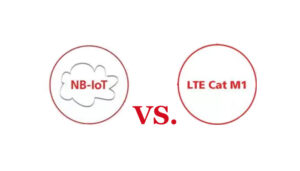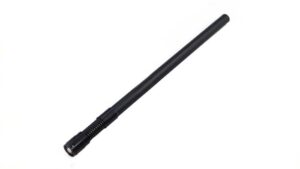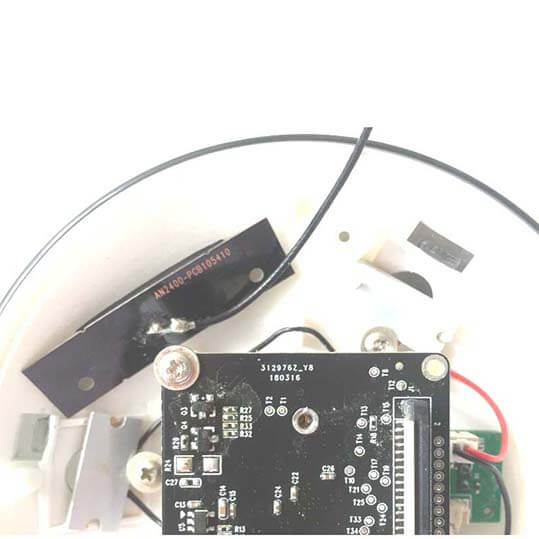How does the mobile phone antenna make? What are the mobile phone antenna design elements?
The antenna is a core part of cell phones. We should pay special attention to the actual production often encounter the antenna indicators cannot meet the requirements, resulting in project failure.
Mobile phone antenna form changes
The earliest mobile phone antenna is an external antenna, starting with a built-in antenna, a metal sheet antenna (generally 0.1mm thick stainless steel sheet stamping) from NOKIA. The FPC antenna is replaced to reduce the cost.
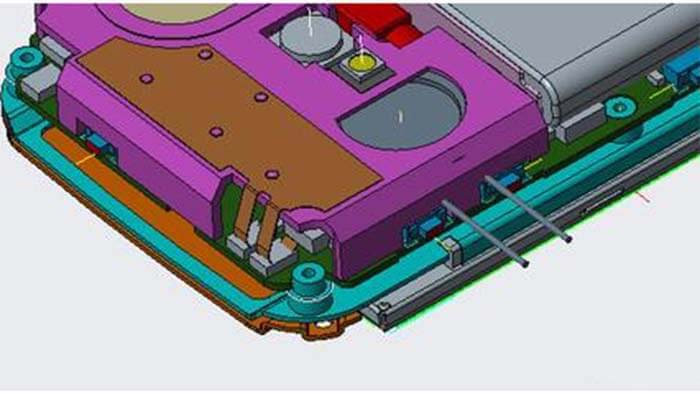
The FPC antenna is characterized by flexibility. It can be attached to the surface and turned into, which is advantageous than the metal antenna in spatial utilization.
The mobile phone antenna design and structural design requirements are required. The metal accessible point and the FPC are equipped with FPC as long as it is attached to the material’s surface. The positioning pogo pin needs to be added to the feed. Unlike metal antennas to need to heat the pillar positioning. It is currently the mainstream antenna technology.
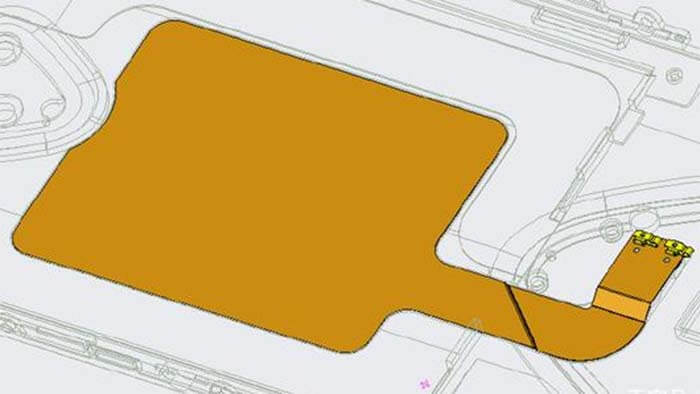
Later, the mobile phone manufacturer developed the LDS antenna technology directly to engrave the antenna. This technology is generally used in the current high-end mobile phones, usually on the primary antenna and the speaker box to save costs together.
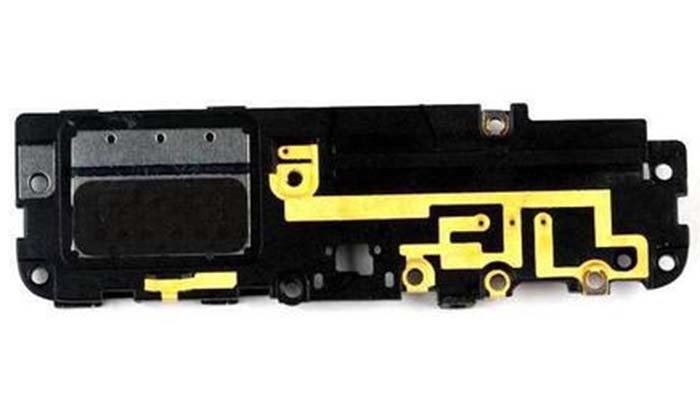
Other mobile phone antennas
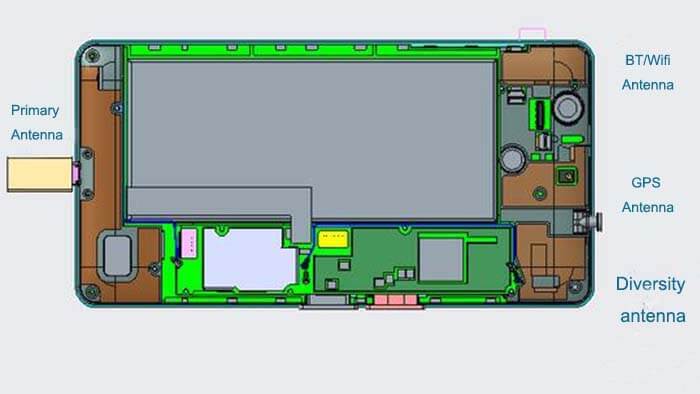
In addition to the primary antenna (3G / 4G network), there are other antennas on the phone, commonly used GPS antennas, BT / WiFi antennas, NFC antennas, FM (radio) antennas, etc.
The GPS antenna is a dedicated ceramic antenna, with a variety of specifications, and dedicated antenna performance, but the volume is relatively tricky, high-grade mobile phone or relatively thin mobile phone is more complicated, and generally, also use FPC GPS antenna;
An FPC antenna usually makes BT / WiFi antenna. Some low-end phones still use a cable instead;
NFC antenna is used in mobile FM antennas to exist alone on some old mobile phones, usually a rubber duck antenna, in the usual mobile phone. The earphone line is replaced (so listening to the radio must use the headset).
The mobile phone antenna structure
- An essential parameter of the antenna in the area, especially the primary antenna, the general data of the 3G network is 400mm ^ 2, and the 4G network generally requires 500mm ^ 2; It is necessary to compatibility with a 2G 3G network. Such a large area is usually difficult to guarantee. It is often necessary to use aside or metal outfit, usually 4G antennas (especially the 4G LTE full-band antenna).
- The security distance between the antenna and other components must be left at least 5 mm.
- It is best not to have electromagnetic devices near the antenna and the lines that require signal transmission, which will interfere with each other.
- Generally, The antenna design company will request the antenna to be 10 mm from the motherboard. If not, be 5 mm above.
- For metal frames, the metal frame is required to be 2 mm away from an antenna.
Mobile phone antenna design
There are only two types of mobile cell phone antenna installations. One is a separate bracket, a lock on the PCB board or the front case, and an FPC antenna is attached to the frame. Another is attached to the rear shell.
The thickness of the FPC antenna is 0.15 mm. When designing, the FPC antenna is designed with a depth of 0.3 mm corresponding place to settle down, and then draw the FPC antenna in the sticking location, generates an entity, and submits the feed in the PIN. Add the reinforcing plate, usually a 0.1 ~ 0.2 thick steel sheet, plus one to two pogo pins in the back.
After the painting, check the lower position, signing the feedback scope to the elastic chip or PIN on the upper plate.
Besides How Does The Mobile Phone Antenna Make article, you may also be interested in the below articles.
PCB Antenna VS. External Antenna
Ceramic Antenna VS. PCB Antenna, A Comparison Guide
Wifi vs. 5G, is 5G better than Wifi?
Mobile Networks’ Evolution From 1G To 5G

